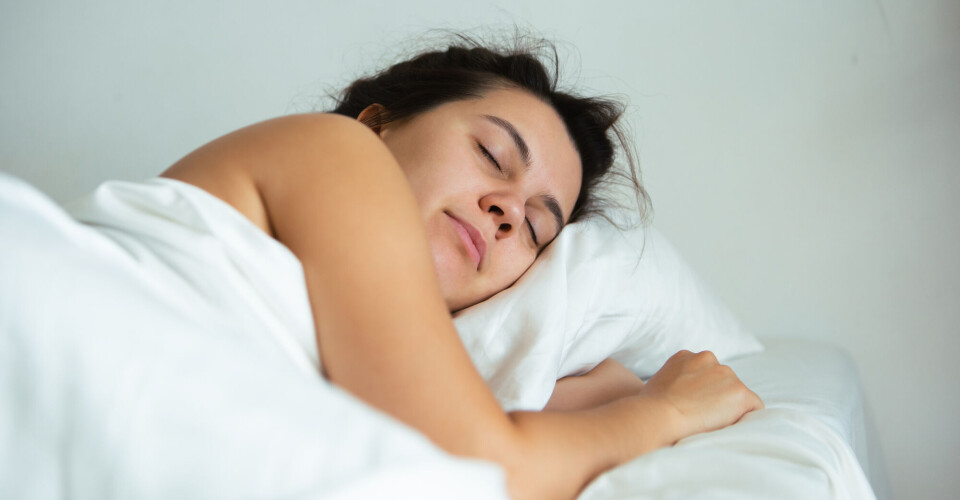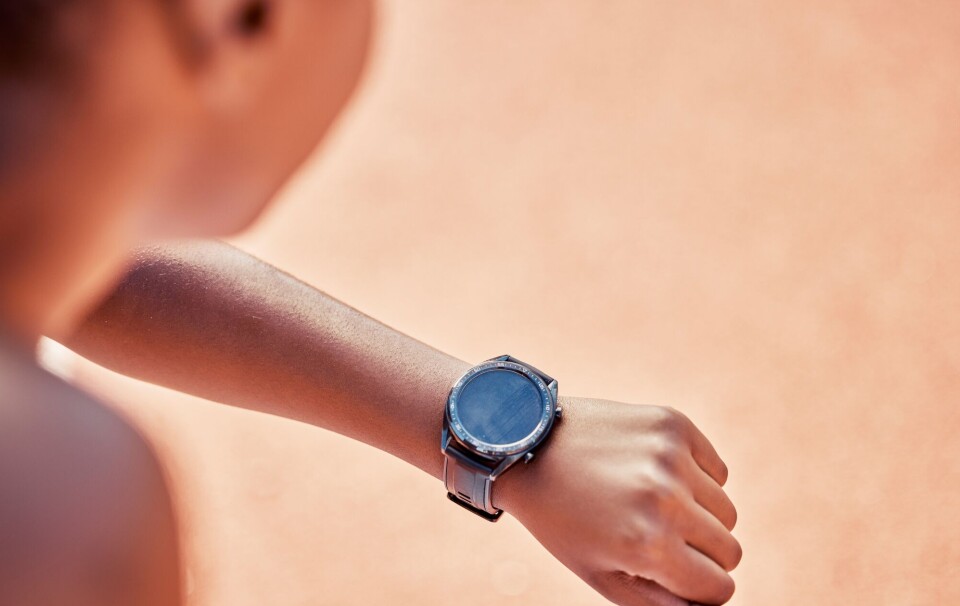
Many adolescents get far too little sleep. Researchers are now testing if starting the school day later might help
Not getting enough sleep is harmful to our brains. Society should therefore better accommodate the sleep needs of adolescents on school days, according to researchers.
In the latest Ungdata survey, researchers asked Norwegian adolescents about their sleep patterns for the first time.
The responses varied greatly.
About half of the teenagers reported sleeping seven to eight hours, while just under half said they slept six hours or less.
Teenagers generally need more sleep than this, ideally eight to ten hours, according to the National Center for Sleep Medicine (link in Norwegian).
A study has shown that as many as 85 per cent of Norwegian adolescents are not getting enough sleep.
Sleep is crucial for learning
Many people focus on eating healthy and exercising regularly.
However, we don’t pay enough attention to how much we sleep, says sleep researcher Bjørn Bjorvatn.
At an event during Arendalsuka, an annual political event in Norway, he highlighted the importance of getting enough sleep.
“Sleep is vital for memory and learning,” he stated.
We know it’s hard to concentrate in school after a poor night’s sleep.
It’s less known how essential it is to sleep well the night after learning something new.
“For you to remember and fully understand what you’ve learned, you need enough sleep the following night. If you don’t, the information doesn’t get stored properly in your brain,” Bjorvatn explained.
Lack of sleep can lead to depression
Our emotions are also processed during sleep, making sufficient sleep critical for our mental health.
The risk of depression increases significantly when we don’t get enough sleep.
“Society should make better arrangements to ensure that more adolescents get enough sleep on school days,” Ingvild West Saxvig said.
She researches adolescents and sleep.
“International research shows that starting school a bit later is beneficial for teenagers. It allows them to sleep more and reduces mental health problems,” she said.
Projects underway
Saxvig and other sleep researchers have launched two research projects to test later school start times for adolescents.
In Bergen, they are studying upper secondary school students. They experimented with starting the school day two hours later on Mondays, at 10:00 AM. On Tuesdays, school starts at 9:00 AM. On Thursdays and Fridays, students start at the usual time of 8:00 AM.
“We’re investigating whether a smoother transition into the school week after the weekend and more days with adequate sleep can help teenagers get more rest,” she says.
This autumn, researchers will begin a study with lower secondary school students in Oslo, where they will test starting the school day an hour later throughout the autumn term.
Difficulties falling asleep
In the Ungdata survey, teenagers were also asked about their difficulties falling asleep at night.
Over 60 per cent reported having trouble falling asleep one or more times in the week before the survey.
Nearly 30 per cent said they were so tired that it affected their schoolwork or free time.
Mobile phones are often blamed for disturbing teenagers’ sleep, which isn’t surprising, according to Saxvig.
“When you to bed with your phone, it’s like taking your entire group of friends to bed with you. You might stay awake longer because you’re afraid of missing out on what’s happening,” she said.
Not just the phone’s fault
However, mobile phones should not take all the blame, she believes.
Other researchers have studied adolescents who live in cultures where mobile phones are less common. They also get too little sleep.
“During adolescence, your natural circadian rhythm shifts. This means that you feel more awake and alert in the evening. That’s why you often fall asleep too late,” she said.
Late-night activities and deadlines
In Norway and most other countries, you still have to get up early for school, even if you’re tired and not fully rested.
Many adolescents today find it challenging to get enough sleep, she believes.
“Training sessions and other extracurricular activities are often scheduled late in the evening. School assignments are often due by 11:59 PM, even though school starts at 08:00 AM,” she said.
When are teenagers supposed to sleep?
Advice from the researcher
Saxvig offers several tips for adolescents struggling with sleep:
“Get up at roughly the same time every day, including weekends. Try not to sleep more than one or two hours later on weekends than you do on weekdays,” she said.
Even if you fall asleep late, you should still wake up early the next morning. This helps prevent sleep problems from continuing throughout the week.
She also recommends getting as much daylight as possible early in the day and avoiding bright lights in the evening.
“Our circadian rhythm is regulated by daylight. Getting enough daylight makes it easier to maintain a healthy sleep pattern,” she said.
It is not a good idea to engage in vigorous physical activity or drink energy drinks late at night, the researcher believes.
“And try to put your screens away before bed. If it’s not possible, use the night mode on your phone and be mindful of what you’re using your phone for. If news tends to make you anxious, avoid reading it in the evening,” she said.
———
Translated by Alette Bjordal Gjellesvik
Read the Norwegian version of this article on ung.forskning.no







































